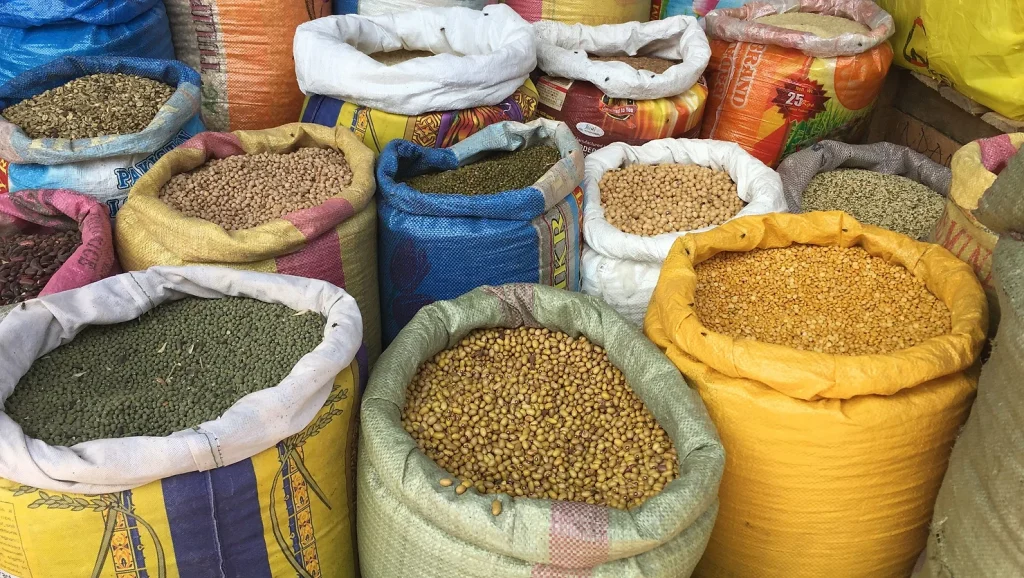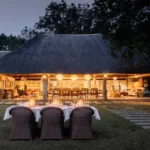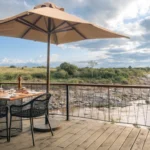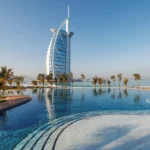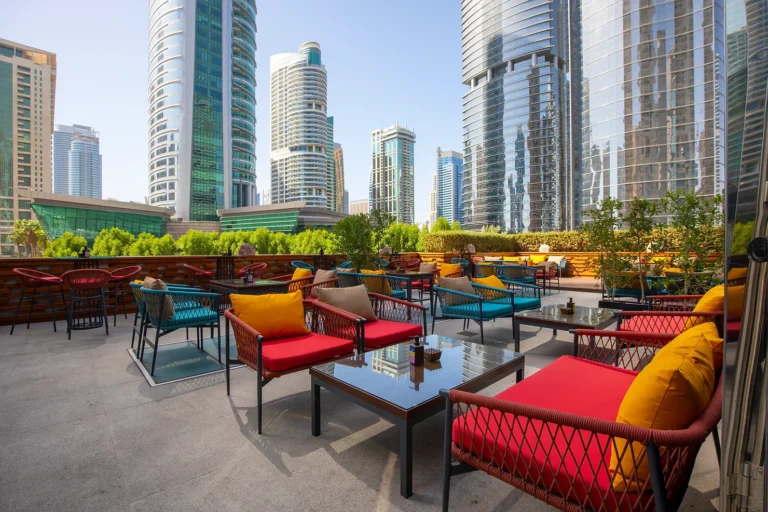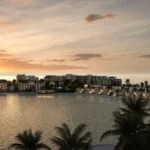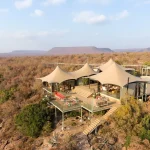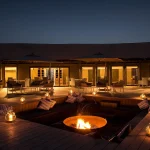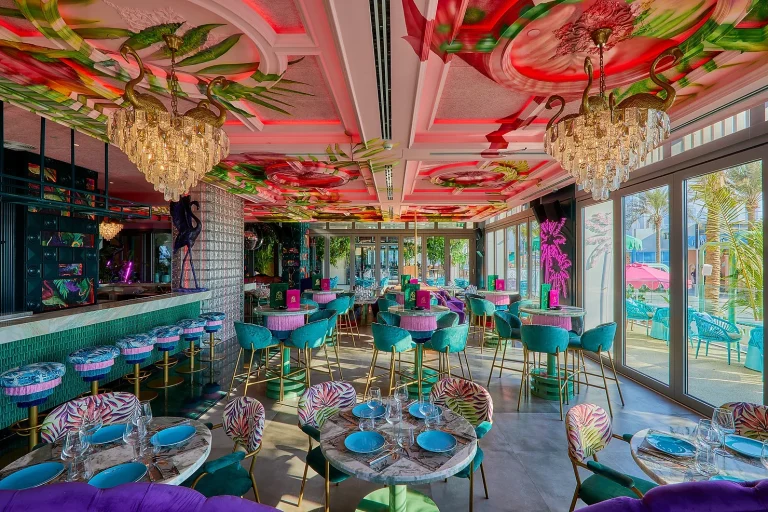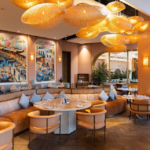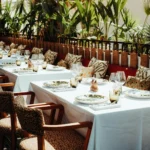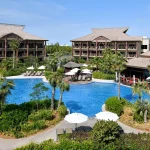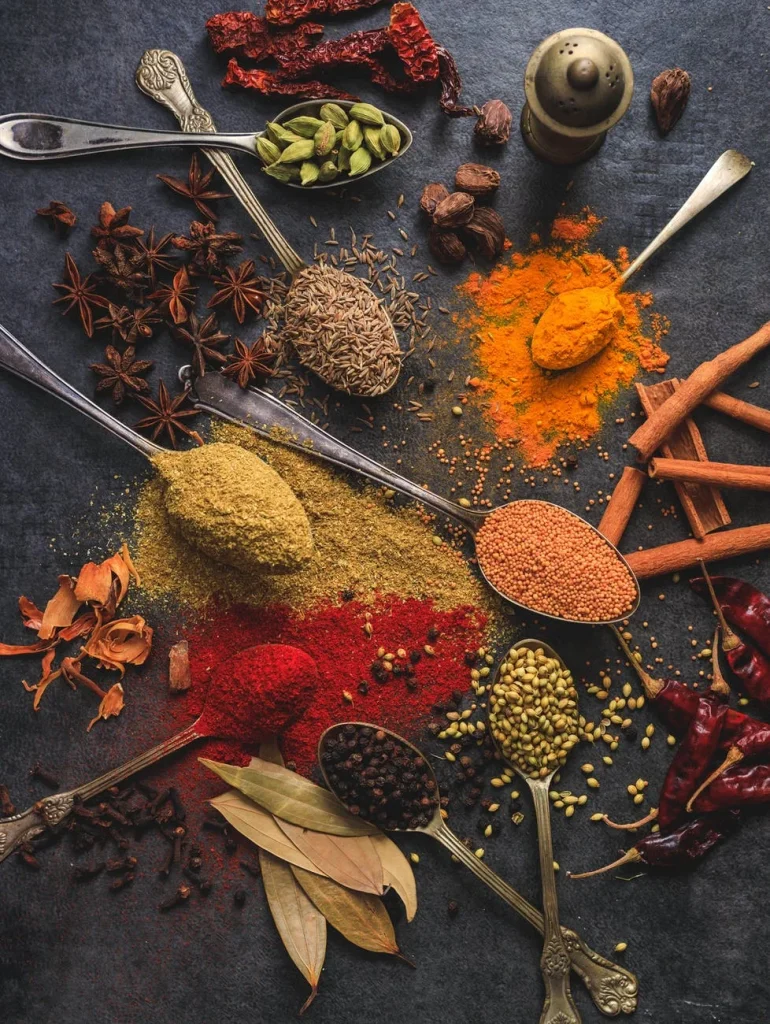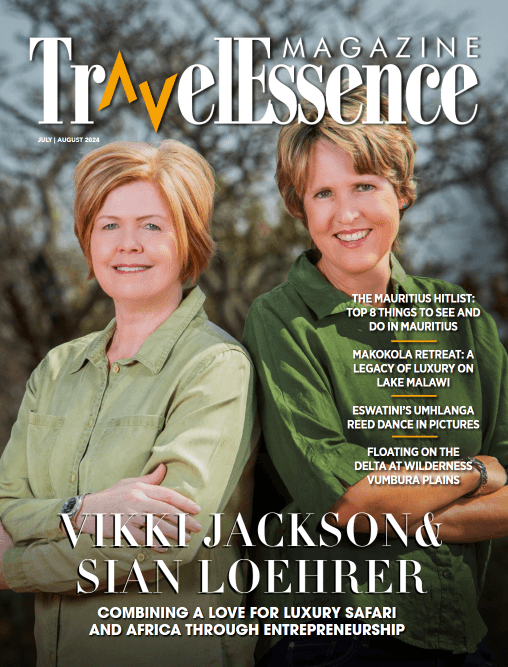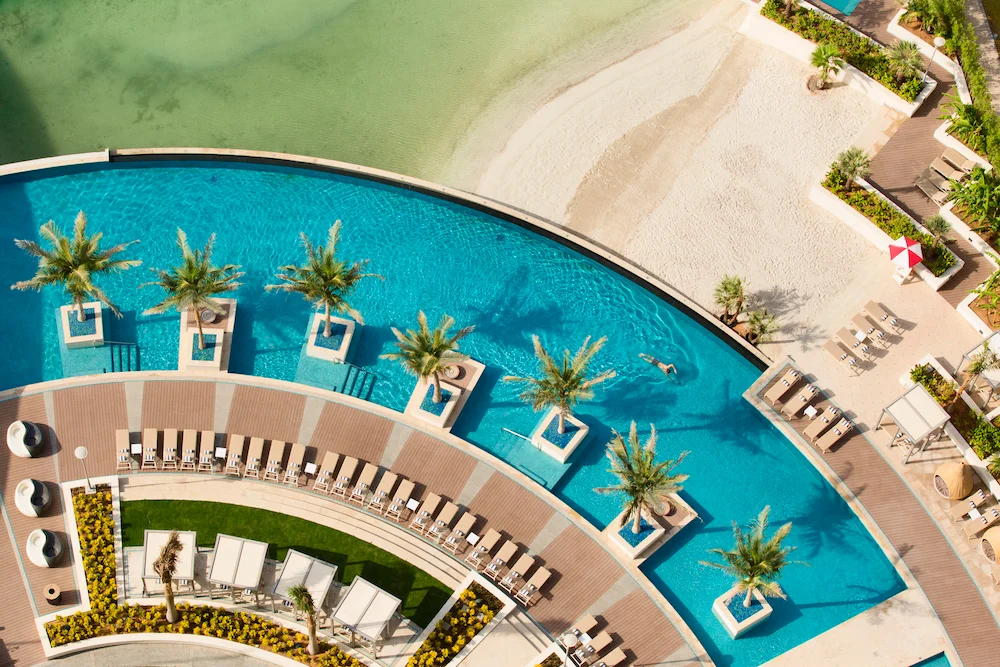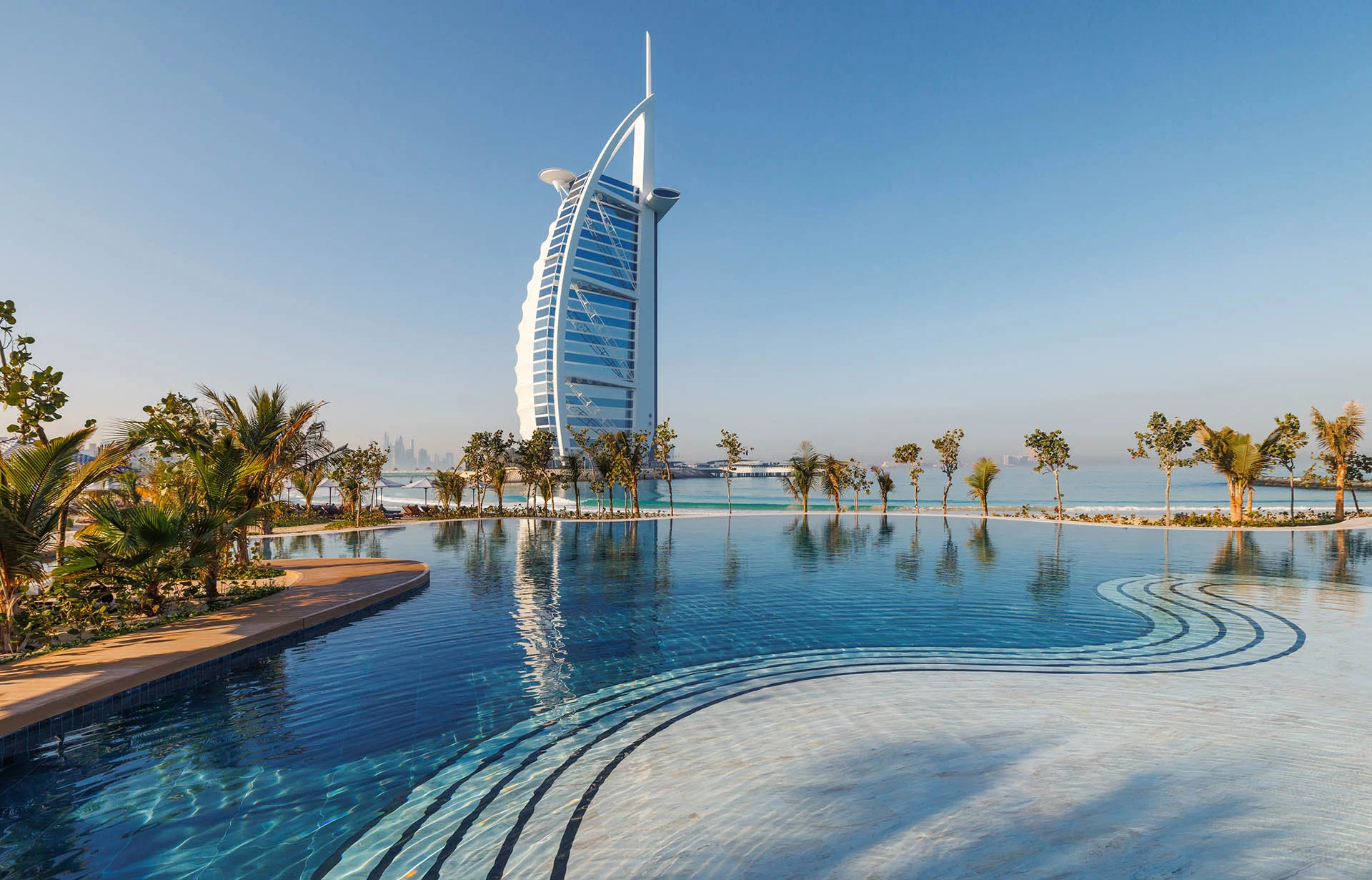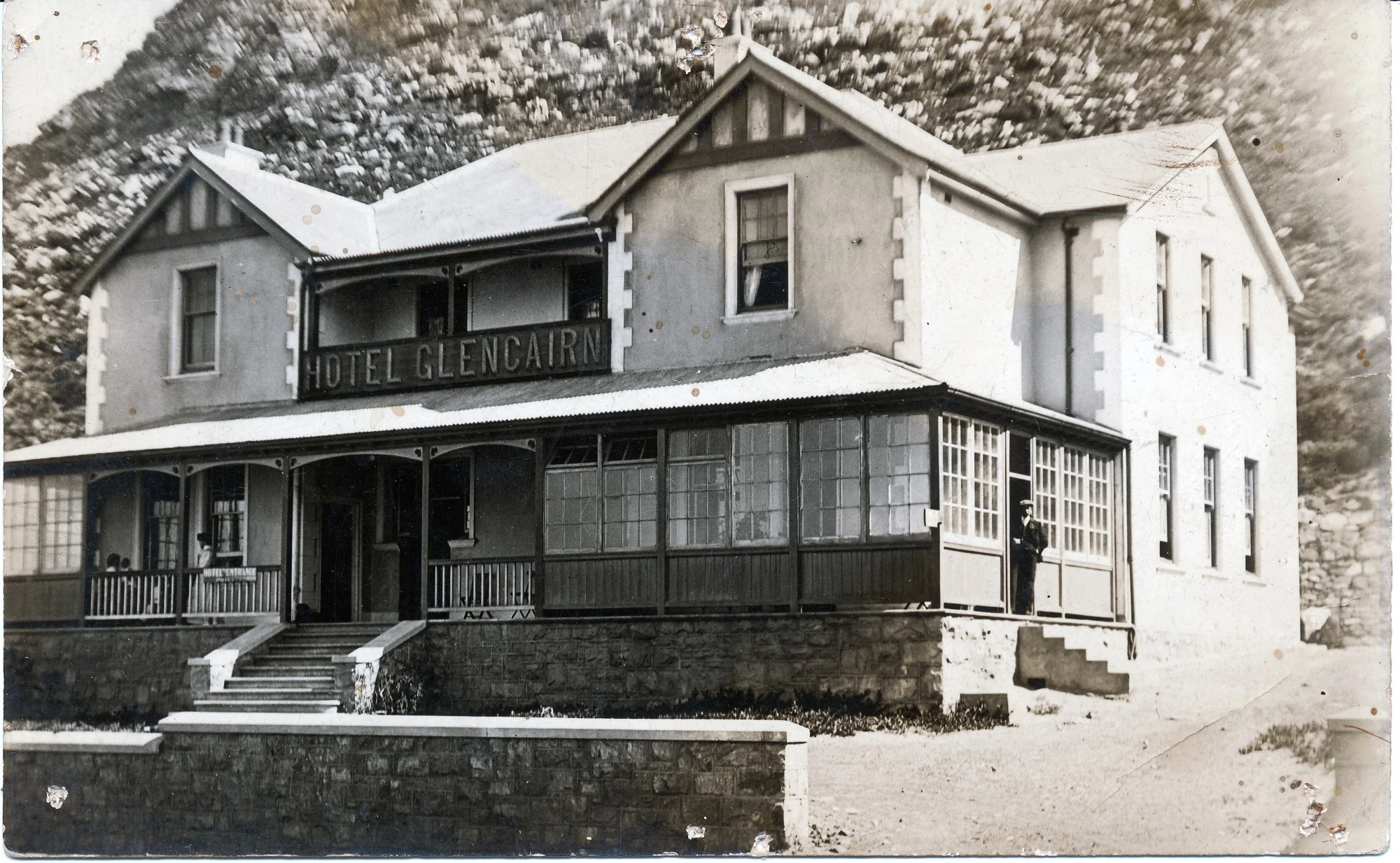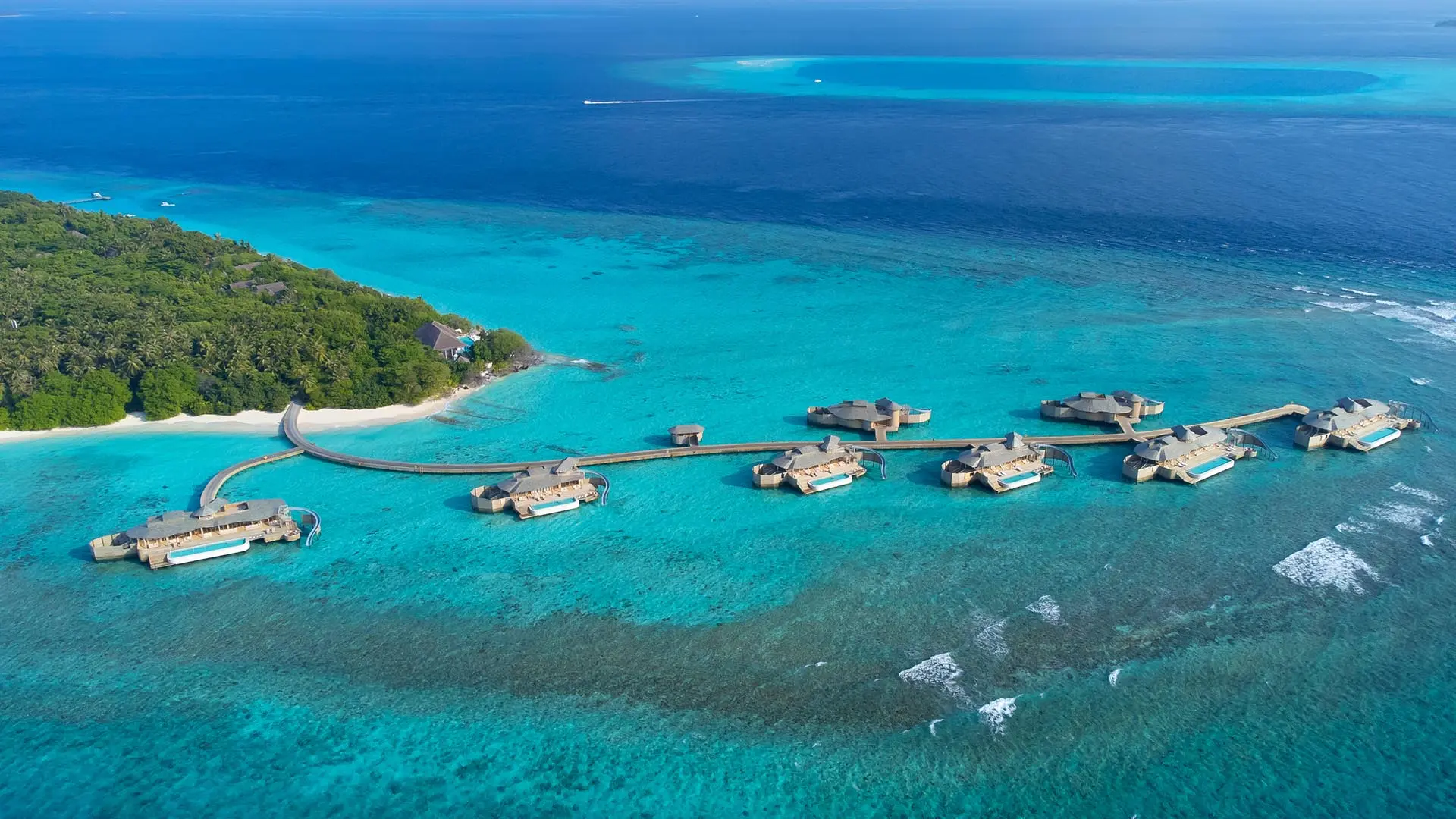Words by Louisa Choruma
“PK” as he was fondly called by his peers, knew something about everything! As a seasoned safari and tour guide, he was well respected as a pool of knowledge on wildlife, vegetation, vast landscapes, and of course – people! Always very conscious of detail, PK was the guy who made a good cup of coffee on the fire, often with an intriguing story to accompany the activity at hand.
“This coffee can never be as hot as the one I had in Morocco! See! This was how I burnt my top lip!” he chimed in on each occasion brewing his coffee was done over a fire. In his deep baritone voice, whilst we all furiously blew over our mugs to cool the hot beverage, PK was that guy that could switch from speaking English to Portuguese upon crossing the Mozambican border.
Being one to transition from one topic of discussion to the next, it was no surprise that one evening, a debate would ensue as the staff at our lodge huddled around each other to tackle the opinion that Africa’s food was to an extent, influenced by parts of Asia. The Spice Route, which today is a popular cruise ship itinerary, was originally a trade route as Europe and the Americas sought the shortest and safest course to take to Asia by sea in pursuit of new conquests in trade.
PK argued vehemently that our continent’s food culture was greatly influenced by the spices brought in from parts of Asia, with flavours, preservation processes, and textures being traced back to India, Persia, and Malaysian territories.
“To date, India still ranks as the world ‘s top producer of the widest array of spices,” PK chimed in, with a colleague quickly asking him to shed more light on the matter.
“Take for instance East Africa, where Kenya, Tanzania, and Uganda had access to direct sailing routes from the tip of Asia to the most accessible African port of Tanzania,” began PK….
The African spice trade story
“Throughout history, there was a significant migration of Indians and Arabs into Africa for trade purposes as they sought greener pastures and new territories for trade. The movement of these groups brought to Africa the introduction of new spices and cuisines of Asian influence,” PK added.
Fast-forward to today, where destinations such as Tanzania’s Zanzibar, have garnered acclaim for their positioning in Africa’s spice trade history. Now known as the “Spice Island of Africa”, Zanzibar’s heritage for instance is deeply steeped in it has been a trading hub that connected India, mainland East Africa, Malaysia, and Portugal specifically, as explorers sought cheaper prices for spices in huge quantities. It is in fact estimated that four centuries ago, spices from Western Asia made their way to the east coast of Africa by way of traders onboard traditional dhows.
The 16th and 17th centuries would result in Zanzibar gaining more popularity once Portuguese explorers and traders caught wind of the opportunity and hatched a plan to control East Africa’s trade routes. More migration, coupled with a pursuit of occupation introduced foreign species in flora and spices, including more aromatic from India and as far as South America. In no time, the Omani Arabs set sail towards Zanzibar, later settling, and introducing spice farming.
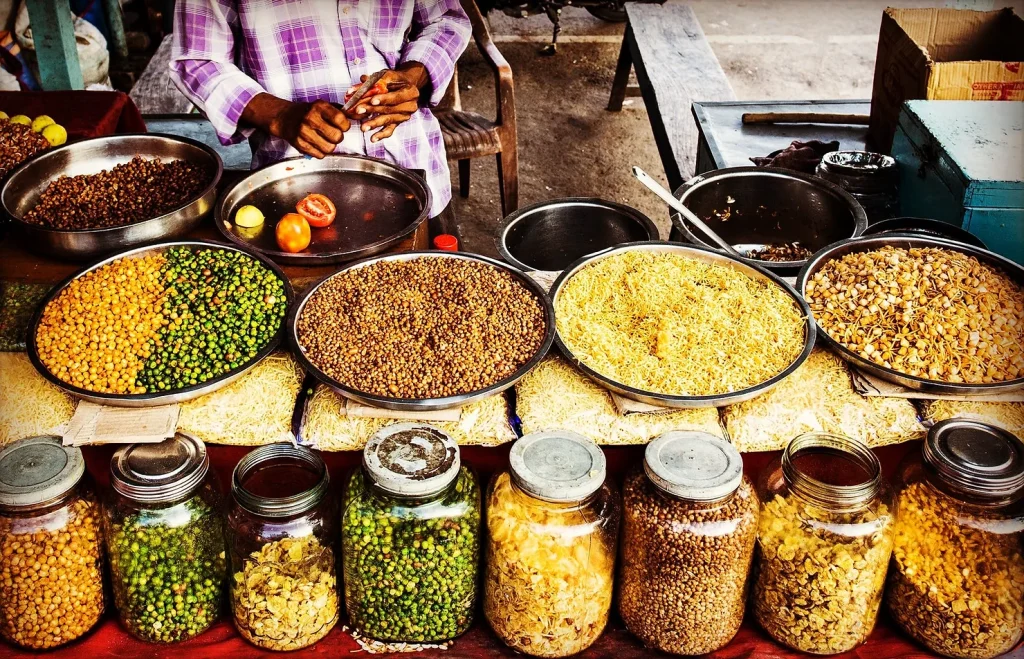
The spicy eastern cuisine
A trip to East Africa’s coastal areas will certainly bring one to experience a fresh seafood catch, coupled with variations in curries, lentil dishes, and pickled vegetables – all of which exhibit strong Indian and, in many cases, Arab influences. Sitting down for a meal at a restaurant or tea garden is almost always an invitation to try out staples such as chapati and curry, biryani rice dishes and meat stews, aromatic teas and snacks laden with cinnamon, cardamom, pepper, ginger, turmeric, or saffron. Eatery names such as Mystic India Restaurant or Mumbai Spices Restaurant, all bear testament to the tremendous influence of the spice trade on the region many centuries ago.
Arabian influence is quite evident on the Swahili coast, with Kenya’s capital city alone hosting well over 10 popular Middle Eastern restaurants, each offering unique Arabic cuisine, from Lebanese mezze platters to Arabic seafood and barbeque. In the horn of Africa in Ethiopia and Somalia for instance, dinner can be served as late as 9 pm, especially during special feasts such as Ramadan. Adhering to the Muslim practice of halaal in food sourcing, preparation, and production, it is on surprise to also see some religious materials showcased in the restaurants and eateries as an ode to the Arab origins of the cuisine being offered.
“Every culture has its own mixes and uses of spices and in Somalia, they use a lot of fenugreek, coriander, cumin, cardamom, nutmeg, cinnamon sticks, bay leaf, black seed, turmeric, and ginger,” the ever-so knowledgeable PK continued on with his storytelling.
“And in Somali culture, it is said that if you enter a restaurant, you don’t order, but rather the waiter tells you what you’re eating! So you see folks, the spice trade era was in fact some form of cross-cultural exchange, as people from different continents were brought together by the desire to source and occupy trade routes, bringing along their influences which remain evident in today’s east African food culture,” PK continued on, much to the fascination of his curious audience.
